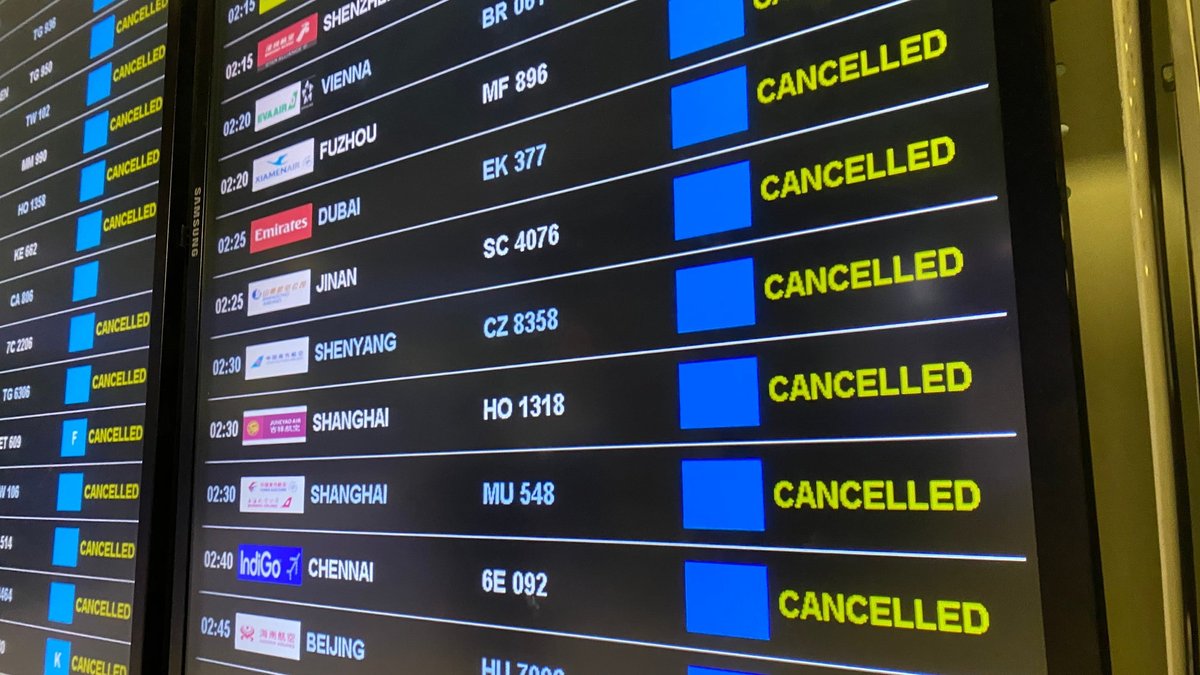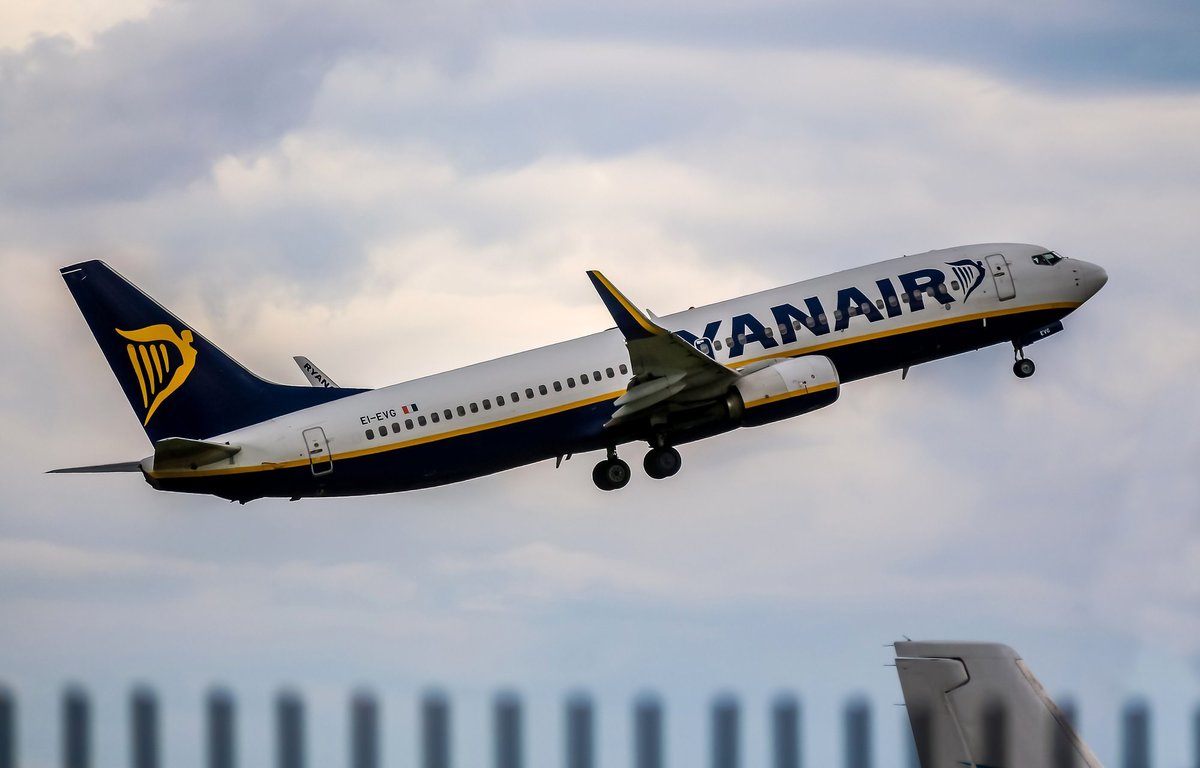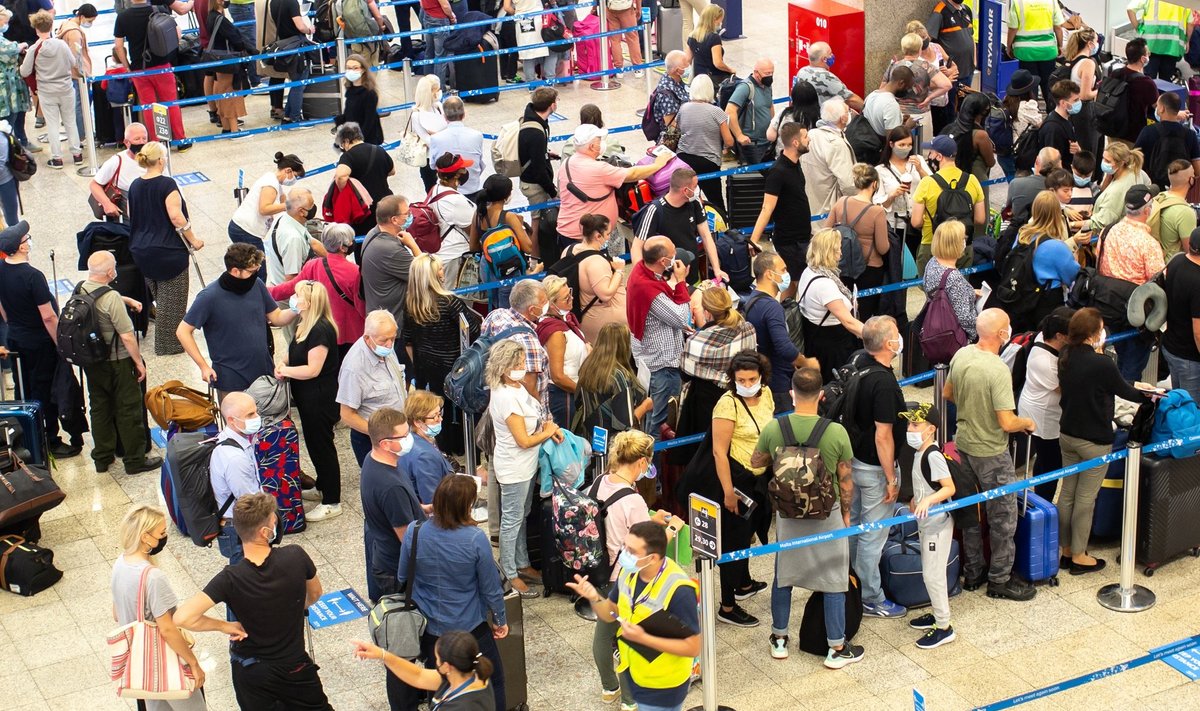Chaos in air travel could return this summer as the aviation industry warns of congested airports, crowded skies, and longer flight times.
Eurocontrol, the body that manages Europe’s airspace, said this summer would be a “challenging” period, with around 33,000 flights per day over the next eight weeks. On Fridays, one of the most popular travel days, that number could top 34,000, up 8% from the same period last year.
But as air traffic continues to pick up during peak summer, passengers could face another summer of delays, disruptions, and flight cancellations.
Why is Europe facing a “difficult” summer for air travel?
As demand increases, there is increasing pressure on the industry to cope with the current challenges.
Last month, the International Air Transport Association (IATA) said demand for air travel has picked up thanks to growing confidence in the wake of the COVID-19 pandemic. And the European Travel Commission has predicted high demand for vacations in Europe this summer.
Eurocontrol itself said that the record for the number of aircraft departures at a single airport was broken last month by Istanbul Airport with a total of 1,684 flights.
The surge in air traffic has prompted the organization to issue warnings for key cities and regions in Europe, including Athens, Barcelona, Brussels, Budapest, and London. The warning said passengers could experience extended flight times and significant delays as airlines try to avoid congested areas.

Eurocontrol CEO Raul Medina has warned that Europe is in for a “difficult” summer. In addition to the increased number of flights, the war in Ukraine has reduced airspace by 20 percent, which creates an additional burden.
“To be successful over the summer, we need everyone to play their part,” he added at the Airports Council International (ACI) meeting in Barcelona this week.
“Airports need to be well staffed; it’s vital that [air traffic controllers] provide enough capacity and that airlines stick to their schedules.”
Where in Europe will airports be overloaded?
According to Eurocontrol’s plan, seven key “zone control centers” that handle air traffic over vast areas of airspace could be subject to “high congestion.”
When the sky is busy, the number of flights that can enter the air traffic control area can be limited to prevent controllers from being overwhelmed. Airlines may be forced to fly longer routes, and boardings may be delayed while air traffic controllers deal with overcrowding.
Athens in Greece, Reims and Marseille in France are likely to be affected most of the time this summer, Eurocontrol claims.
On peak days such as Fridays or summer weekends, Budapest, Warsaw, and Nicosia can also experience “high congestion,” Eurocontrol warns. Zagreb and Belgrade may also experience high congestion on 8 and 15 July.
London, Barcelona, and Brussels also received similar warnings.
Will strikes lead to problems at European airports this summer?
While many of the causes of last year’s summer chaos have already been addressed, there are some “anticipated and unexpected developments” that will affect travel. Medina said these included strikes, weather problems, or military exercises.

In June alone, low-cost carrier Ryanair was forced to cancel more than 900 flights, mostly due to air traffic controller strikes in France, it said. IATA chief Willie Walsh told the annual meeting in June that the disruption is already “far beyond the norm for this time of year” as the situation in France disrupts transport links across Europe.
When air traffic controllers go on strike, priority is given to domestic departures in France and long-haul flights overflying the country. This could mean a widespread cancellation of short-haul flights that pass over France but don’t land.
While these situations are easy to deal with outside peak periods, summer outages can be much more difficult to deal with.

